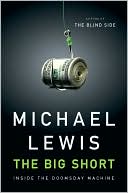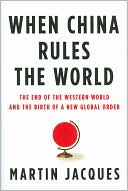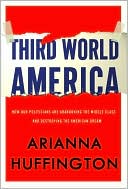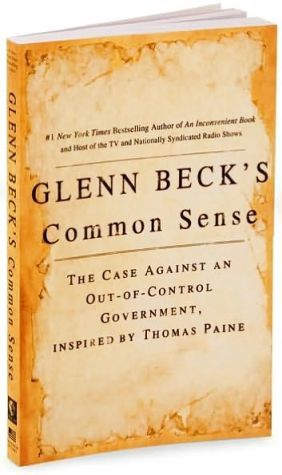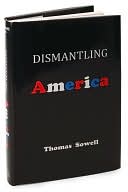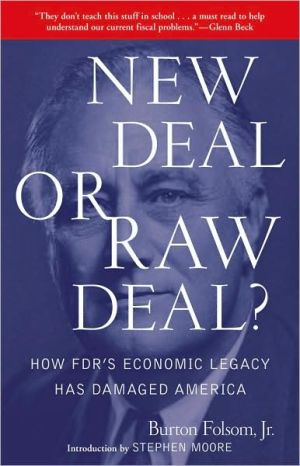The Forgotten Man: A New History of the Great Depression
It's difficult today to imagine how America survived the Great Depression. Only through the stories of the common people who struggled during that era can we really understand how the nation endured. In The Forgotten Man, Amity Shlaes offers a striking reinterpretation of the Great Depression. Rejecting the old emphasis on the New Deal, she turns to the neglected and moving stories of individual Americans, and shows how they helped establish the steadfast character we developed as a nation....
Search in google:
It's difficult today to imagine how America survived the Great Depression. Only through the stories of the common people who struggled during that era can we really understand how the nation endured. In The Forgotten Man, Amity Shlaes offers a striking reinterpretation of the Great Depression. Rejecting the old emphasis on the New Deal, she turns to the neglected and moving stories of individual Americans, and shows how they helped establish the steadfast character we developed as a nation.Shlaes also traces the mounting agony of the New Dealers themselves as they discovered their errors. She shows how both Presidents Hoover and Roosevelt failed to understand the prosperity of the 1920s and heaped massive burdens on the country that more than offset the benefit of New Deal programs. The real question about the Depression, she argues, is not whether Roosevelt ended it with World War II. It is why the Depression lasted so long. From 1929 to 1940, federal intervention... Publishers Weekly This breezy narrative comes from the pen of a veteran journalist and economics reporter. Rather than telling a new story, she tells an old one (scarcely lacking for historians) in a fresh way. Shlaes brings to the tale an emphasis on economic realities and consequences, especially when seen from the perspective of monetarist theory, and a focus on particular individuals and events, both celebrated and forgotten (at least relatively so). Thus the spotlight plays not only on Andrew Mellon, Wendell Wilkie and Rexford Tugwell but also on Father Divine and the Schechter brothers—kosher butcher wholesalers prosecuted by the federal National Recovery Administration for selling "sick chickens." As befits a former writer for the Wall Street Journal, Shlaes is sensitive to the dangers of government intervention in the economy—but also to the danger of the government's not intervening. In her telling, policymakers of the 1920s weren't so incompetent as they're often made out to be—everyone in the 1930s was floundering and all made errors—and WWII, not the New Deal, ended the Depression. This is plausible history, if not authoritative, novel or deeply analytical. It's also a thoughtful, even-tempered corrective to too often unbalanced celebrations of FDR and his administration's pathbreaking policies. 16 pages of b&w photos. (June 12)Copyright 2007 Reed Business Information

